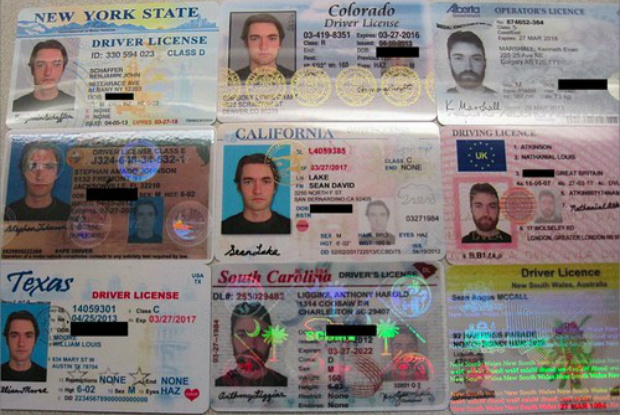After little more than three hours of deliberation, a Manhattan jury found Ross Ulbricht guilty Wednesday on all counts related to running the notorious Silk Road online market.
Ulbricht was found guilty of narcotics conspiracy, engaging in a continuing criminal enterprise, conspiracy to commit computer hacking, and money laundering. He faces a maximum of life in prison.
“Ulbricht built this black market bazaar to exploit the dark Web and the digital currency bitcoin to allow users to conduct illegal business beyond the reach of law enforcement,” Preet Bharara, the US attorney in Manhattan, said in a statement.
The conviction sends a “clear message” to anyone else running an online criminal enterprise, he said. “The supposed anonymity of the dark Web is not a protective shield from arrest and prosecution.”
Ulbricht had pleaded not guilty to all charges in the case, heard at the US District Court in Manhattan.
Over the course of three weeks, federal prosecutors constructed a case consisting mostly of digital evidence, that indicated that Ulbricht had maintained Silk Road, which prosecutors estimated had facilitated the sale of more than $213 million worth of drugs and other unlawful goods.
Throughout the trial, Ulbricht’s lawyer, Joshua Dratel, maintained Ulbricht had handed off the site to other operators shortly after he started it in 2011, and that he rejoined immediately prior to his arrest, lured back in by the new operators to serve as a fall guy.
In his closing remarks Tuesday, Dratel offered no new explanation for key issues raised at trial, such as how the evidence of Silk Road’s operations landed on Ulbricht’s computer. He didn’t need to, he told to the jury: It was up to prosecutors to prove that Ulbricht was guilty “beyond a reasonable doubt.” Dratel suggested a number of ways that such evidence could have been forged, which raised enough doubt, he said, not to convict Ulbricht.
That argument didn’t sway the jury, which found the overwhelming amount of evidence presented sufficient to convict Ulbricht.
“At issue here was that the defendant thought he could hide on the Internet, behind email and websites, and argue that [prosecutors] could never prove it was him. And they showed that they could,” said Peter Skinner, a former prosecutor with the U.S. Attorney’s Office who is now a practicing partner for Boies, Schiller and Flexner.
On 1 October 2013, Ulbricht was arrested in a San Francisco library while logged on to the Silk Road under the administrative user name Dread Pirate Roberts. He was using his own laptop, which turned out to contain a treasure-trove of evidence linking Dread Pirate Roberts to Silk Road and Ulbricht to Dread Pirate Roberts.
Prosecutors also called to the stand a friend of Ulbricht’s, Richard Bates, who described how he helped Ulbricht get Silk Road running early in 2011.








Subscribers 0
Fans 0
Followers 0
Followers